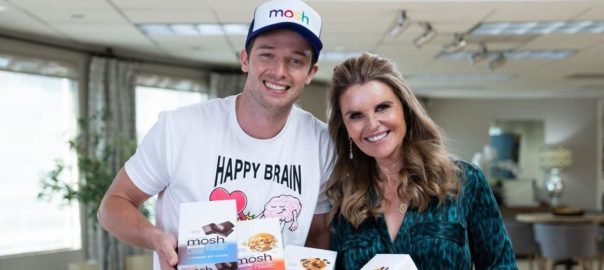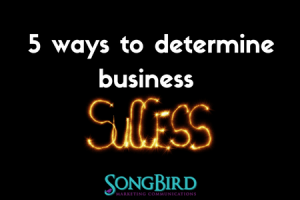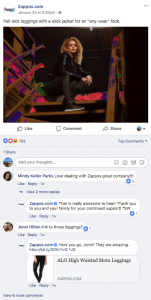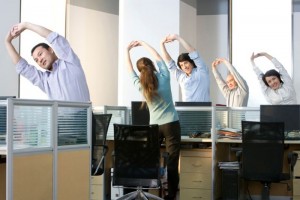By Jenna Abdou
When Maria Shriver was in her 50s, she launched her nonprofit, The Women’s Alzheimer’s Movement. Then, came her award-winning media company, Shriver Media. Her acclaimed newsletter, The Sunday Paper, and brain health protein bars, MOSH, followed in her 60s. What will she launch next?
“The things I’m doing now are of my own creation, mission, and passion,” she tells me. “I’m directing my own course. I’m adamant about describing this time of life as grateful and positive. I’m trying to shift the aging conversation to be hopeful.”
Today, it’s clear that Shriver’s role is equally shaped by her curiosity as it is her wisdom. She’s a courageous beginner who’s as committed to learning as she is to teaching. In our conversation, she illuminates the shared growth we discover when we embrace both.
Fast Company: I’d love to start with an insight Arthur Brooks shared at your Radically Reframing Aging Summit. He spoke about going from “strength to strength” and “being committed to finding your new strengths” as you get older. What new strengths have you discovered during this chapter of your life and career?
Maria Shriver: My strength now is my vulnerability, which isn’t something I grew up with or used in journalism and politics. I try to lead with honesty, kindness, and compassion. I listen differently. As a journalist, I used to listen for the truth and the story. Today, I listen to understand and offer a safe landing place. People are more fragile than I’ve experienced in the past. They come to me in a different way, perhaps because I’m more open. I’m trying to be more present and move slower. I see that as a strength. I don’t know why I was running a marathon before, rushing to get the anchor job, win the award, write the bestseller. Today, I’m in it. I’m in this conversation.
FC: As we envision longer careers, it’s exciting to have more freedom to design our paths rather than follow the traditional blueprint. Still, that freedom can feel daunting. What lens should we think through our careers today?
MS: People aren’t thinking about their careers the way I did when I started. They don’t think: ‘Oh, I’m going to work at NBC for 35 years.’ They’re moving around more. Work isn’t the be-all and end-all that it was for my generation. Still, when you’re in your thirties and forties, it’s about laying a foundation. That’s what I tell young people who are independent contractors running here, there, and everywhere. Be careful with that. There’s something to be said of working at a place for a period of time and developing your expertise and relationships. Then, you have a career you’ve built upon and can transfer. Starting my own media company was possible because I spent 30 years on the ground in media. Launching the Women’s Alzheimer’s Movement happened because I spent years researching. MOSH is the direct result of that. All of these things build on each other.
FC: Intergenerational learning is among the most exciting aspects of having longer careers. You work with individuals across every decade. Paint a picture of a meaningful intergenerational collaboration.
MS: I primarily work with people in their 20s and 30s. I’m by far the oldest person at the table and, when I sit there, I remember so well being the youngest. I see myself as a mentor now; Sometimes I’m there as a kind of mother. When Silicon Valley Bank froze, our younger team members at MOSH thought we were finished. I said: ‘Take a breath. I’ve been through so many world endings—in political campaigns, journalism, personally. We’re going to be okay.’ At The Sunday Paper, I’ll throw the whole paper out on Friday and everybody says: ‘Ah! You can’t do that!’ I tell them we can: ‘We can pivot. It happens all the time. Let me lead you here.’
I always look around for the other grownups in the room. Then, I realize I’m the grownup now. I didn’t think that would be my role, but here it is. I take my role as a mentor of young people seriously. I’m so proud of the people I’ve mentored who come back and say: ‘Your job was the best, but toughest, I’ve ever had. I learned the most here.’ I see my job as making sure they’re resilient enough to be the grownups in the room too.
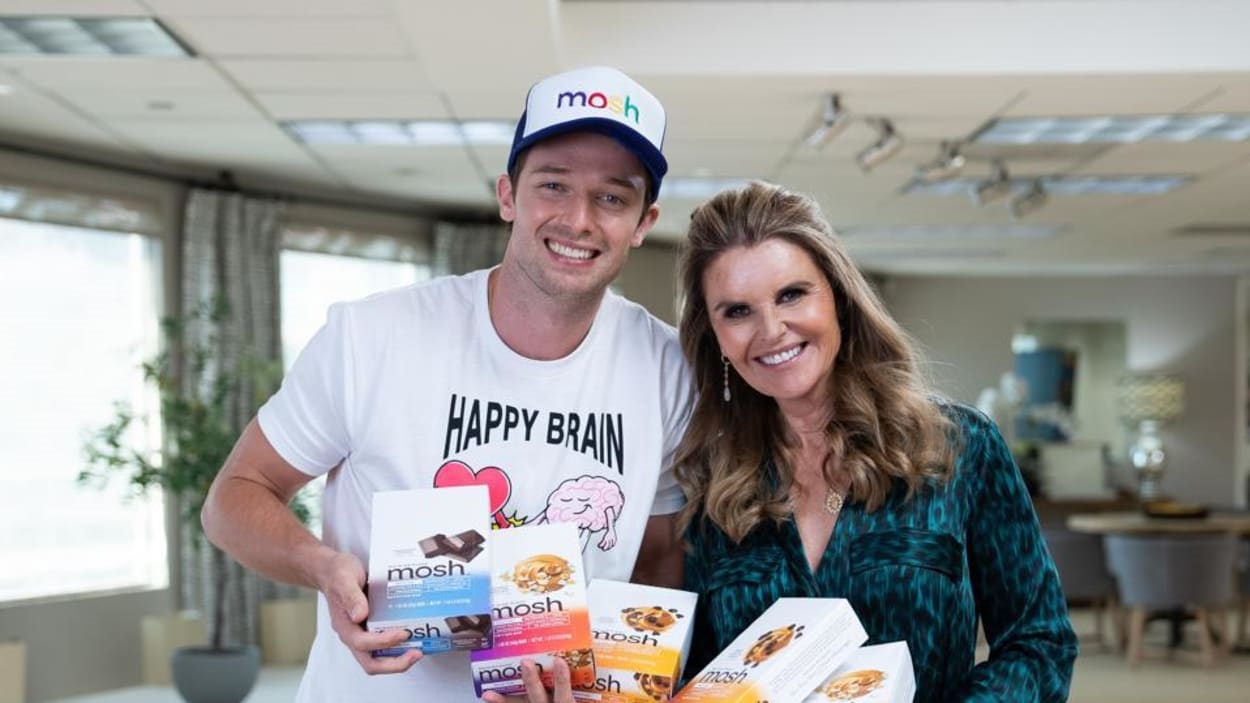
FC: In your session at Stanford’s Century Summit, you shared that people often feel invisible as they age, especially in the workplace. I understand this societally. Still, it surprises me given how much my peers and I admire them. What can we do to show them how much we revere them?
MS: Begin by saying it. A lot of people my age are having to create their own companies because corporate America doesn’t hire them because their healthcare is expensive or they perceive they won’t be good workers. Yet, I think multigenerational workforces are the best workforces because we’re learning from each other. I try to acknowledge young people, but often find that it doesn’t come back to you in the same way. Perhaps they’re scared or don’t want to say the wrong thing. I’ve never met anybody who was offended by a compliment, though.
FC: The way you live your intentions always stands out to me reading The Sunday Paper, whether it’s being open to new ideas or doing the difficult work of rewriting old narratives. How does your commitment to your personal growth influence the vibrancy you’re experiencing in your life and career today?
MS: It’s critical. I’m constantly pushing up against my beliefs and old narratives or projections I have about myself or others. I just did it this morning. I said: ‘Wow, I’m feeling small. Where or who is that coming from? Is it true? Why do I even think in terms of big and small?’ I wrestle with these things all the time.
I’m committed to constantly evolving and trying to find the best version of myself inside of myself. If I’m awake and asking myself these questions, I have to be different. So, that comes out in my writing. My friend, Martha Beck, wrote to me saying: ‘You’re writing so much deeper today.’ I said: ‘Thank God, I write every week!’ My discipline came from my desire to become a better writer and a more keen observer. My personal evolution—what I see and how I write it out into the world—is important to me.
FC: Given our conversation, if you could leave us with one question to reflect on, what would it be?
MS: I think the question for all of us is: Why am I here? The answer isn’t just about me. It’s about the larger Earth, right? We’re all here. But, we’re not here for the same reason. We don’t have the same mission. So, I’m constantly asking myself: Why am I here? What am I going to do with my time to make the here and now better—for me, for you, and for all of us?
(2)
